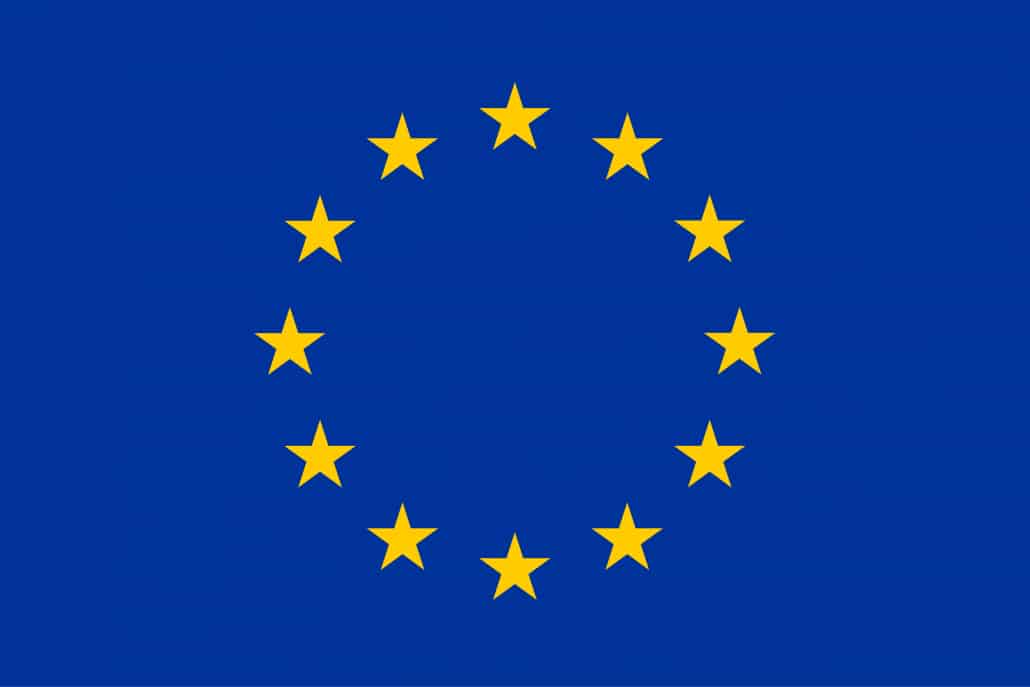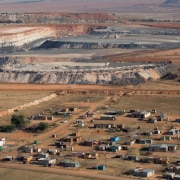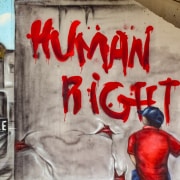|
Getting your Trinity Audio player ready...
|
Image: Alliance for Rural Democracy
Project Larona [laa-ro-nah]
Lefatshe la rona – a Setswana phrase meaning “Our Land”
The European Union Rallying Efforts to Accelerate Progress project (EU REAP), a multi-jurisdictional initiative, commenced in July 2021. It is led by the Transparency International Secretariat and funded by the European Commission (EuropeAid). EU REAP focuses on directly supporting groups at the intersection of income, wealth and social inequalities, who have been among those most left behind in Kenya and South Africa, and more broadly in Africa.
Corruption Watch (CW) is taking the lead on EU REAP interventions in South Africa – these will focus on the creation of platforms for land right holders in mine-affected areas, so they may actively participate in decision-making processes that affect their land, property, environment and livelihoods. This includes research, advocacy and public outreach initiatives throughout the project’s life.
CW launched the project in October 2021 with our implementing partners Alliance for Rural Democracy, under the name Project Lefatshe la rona – a Setswana phrase meaning “Our Land”. It is now known as Project Larona.
Project Larona aims to contribute to addressing income and wealth inequality related to land rights, land reform, and access to natural resources, by ensuring that those living in traditional areas are able to have a greater say over the decisions affecting their land. Vulnerable communities’ livelihoods and the right to claim compensation is often tied to the recognition of land rights.
The South African land reform agenda’s starting point is the property clause or section 25 of the Constitution. The property clause seeks to balance competing interests; on the one hand, it protects the holders of existing property rights and on the other hand, also aims to correct historical injustices concerning land and property rights, which were often non-existent or tenuous under apartheid.
Legal judgments have interpreted this to mean that vulnerable groups, individuals and groups with insecure land tenure, traditional communities and communal land owners must have oversight of the processes and procedures of land use decisions which will impact them and their economic mobility.
To this end, CW here highlights and summarises judgments that specify these key rights which empower accountability and transparency in rights-based activism. Refer to the grid below for individual downloadable summaries.
This/these document/s has/have been produced with the financial assistance of the European Union. The contents of this document are the sole responsibility of Corruption Watch and can under no circumstances be regarded as reflecting the position of the European Union.








